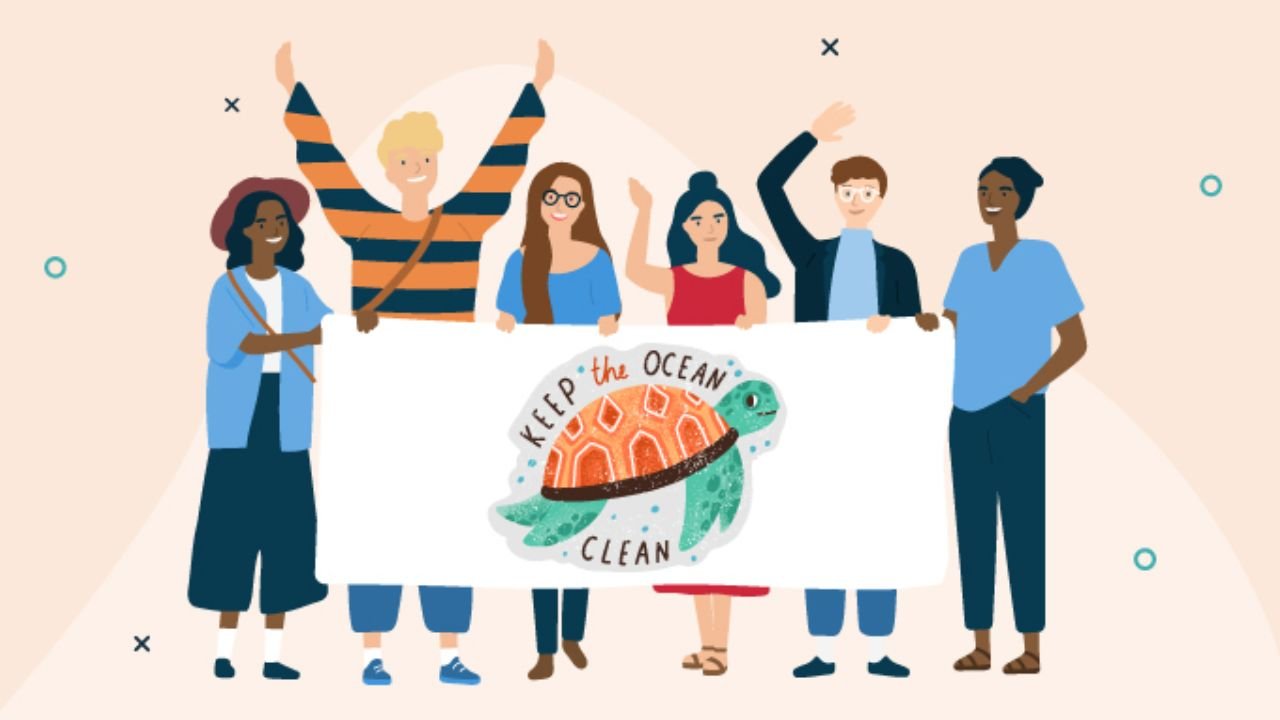The modern world moves at a fast pace. As it moves, many problems emerge – problems that need people in order to be solved. Luckily, this world is also full of many people who are willing to dedicate themselves to solving the world’s problems. Each person has the ability to direct their career in a direction that helps improve the world. However, doing so can be a daunting prospect. This article will explore some of the many ways you can build a career that can change the world.
1. Nonprofit Management and Advocacy
An obvious pick first. For those who want to make a tangible difference in social, environmental, or humanitarian causes, a career in nonprofit management and advocacy can be highly rewarding. Courses in social work, like an online advanced standing MSW, can give you the experience required to build a resume appropriate for this work.
Nonprofit organizations work on a variety of issues, including poverty alleviation, environmental protection, human rights, and public health. As a nonprofit professional, you may find yourself organizing fundraising efforts, advocating for policy changes, or managing programs that directly benefit underprivileged communities. Roles such as program coordinators, grant writers, and executive directors are integral to ensuring these organizations operate effectively and make lasting change.
2. Healthcare Professionals
The next two options can provide the most stable and sure way to make a positive impact on the world. Beginning with healthcare professionals. The healthcare field is one of the most direct ways to impact lives. Whether as a doctor, nurse, paramedic, or therapist, professionals in this sector provide essential medical care, save lives, and improve the overall well-being of communities.
Healthcare professionals change the world by helping individuals. It can be easy to miss how important these professionals are to the world. Each person who is helped, whether that be a life saved, an illness cured, or a condition prevented, has the capacity to go on and improve the world of their own accord. It is not just the individual healthcare professionals who help, but all the people who relate to that individual.
3. Teachers and Educators
Education is a powerful tool for social change, and teachers, professors, and academic mentors have the ability to shape future generations. Working in primary, secondary, or higher education, educators provide students with the skills, knowledge, and critical thinking abilities they need to succeed. Similarly to healthcare, teachers and educators don’t just have an immediate positive impact on their students, but they build better individuals, partners, voters, and coworkers. These are all aspects of life that an educator has the power to influence.
Outside of traditional classrooms, careers in adult education, special education, and educational policy also provide avenues for making a difference. For those passionate about literacy, mentorship, or workforce development, careers in nonprofit educational initiatives or tutoring underserved communities can be incredibly fulfilling.
4. Meteorology and Environmental Science
While not often thought of as a direct social-impact career, meteorology plays a critical role in disaster preparedness and climate change mitigation. Meteorologists provide crucial weather forecasts that help prevent loss of life during natural disasters such as hurricanes, wildfires, and floods. They also contribute to climate research, allowing communities and policymakers to develop strategies for sustainability and environmental protection. Careers in environmental science, conservation, and renewable energy development similarly offer opportunities to make a lasting difference in the fight against climate change and its impact on vulnerable populations.
5. Urban Planning and Sustainable Development
Urban planners and sustainable development professionals work to create livable, efficient, and environmentally friendly cities. These careers involve designing infrastructure, housing projects, and transportation systems that accommodate growing populations while minimizing environmental impact. Planners consider factors such as green spaces, energy efficiency, and accessibility to ensure urban areas remain vibrant and inclusive. By focusing on social equity, sustainability, and long-term development, urban planners help shape the future of communities and improve the quality of life for residents.
Finding Your Path to Impact
Choosing a career that aligns with your values and desire to make a difference can lead to a fulfilling and meaningful professional life. Whether you are drawn to direct service roles, policy and advocacy, or scientific research, there are countless ways to positively influence society. By pursuing a path in nonprofit organizations, healthcare, education, community outreach, meteorology, or urban planning, you can contribute to creating a better world for present and future generations.



